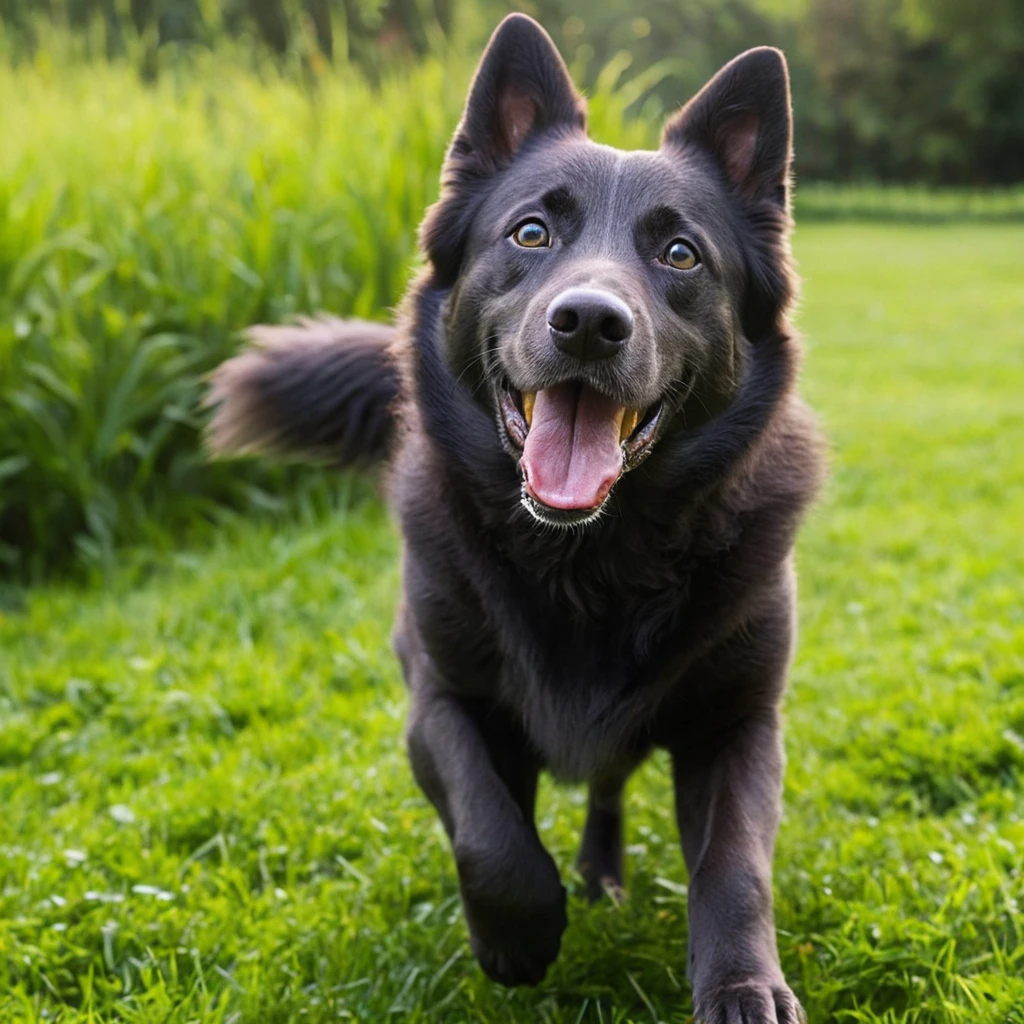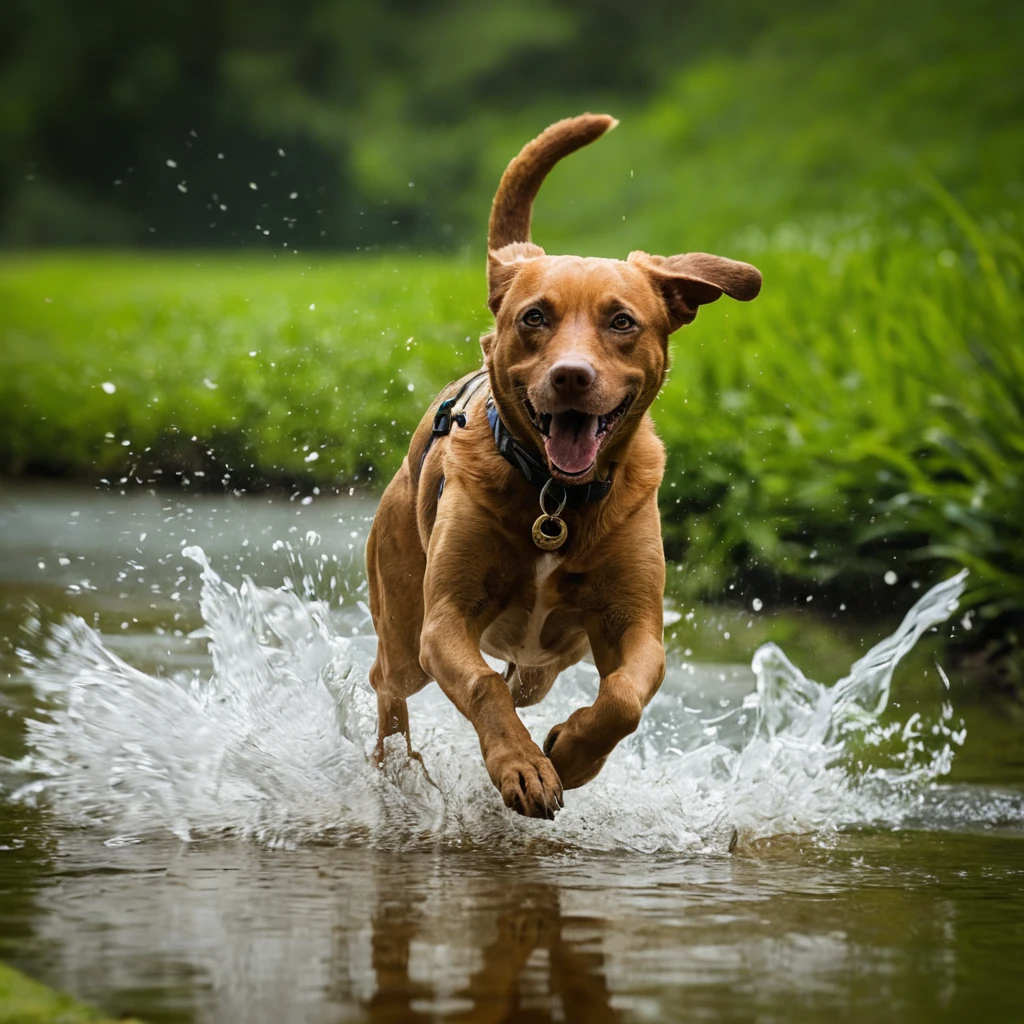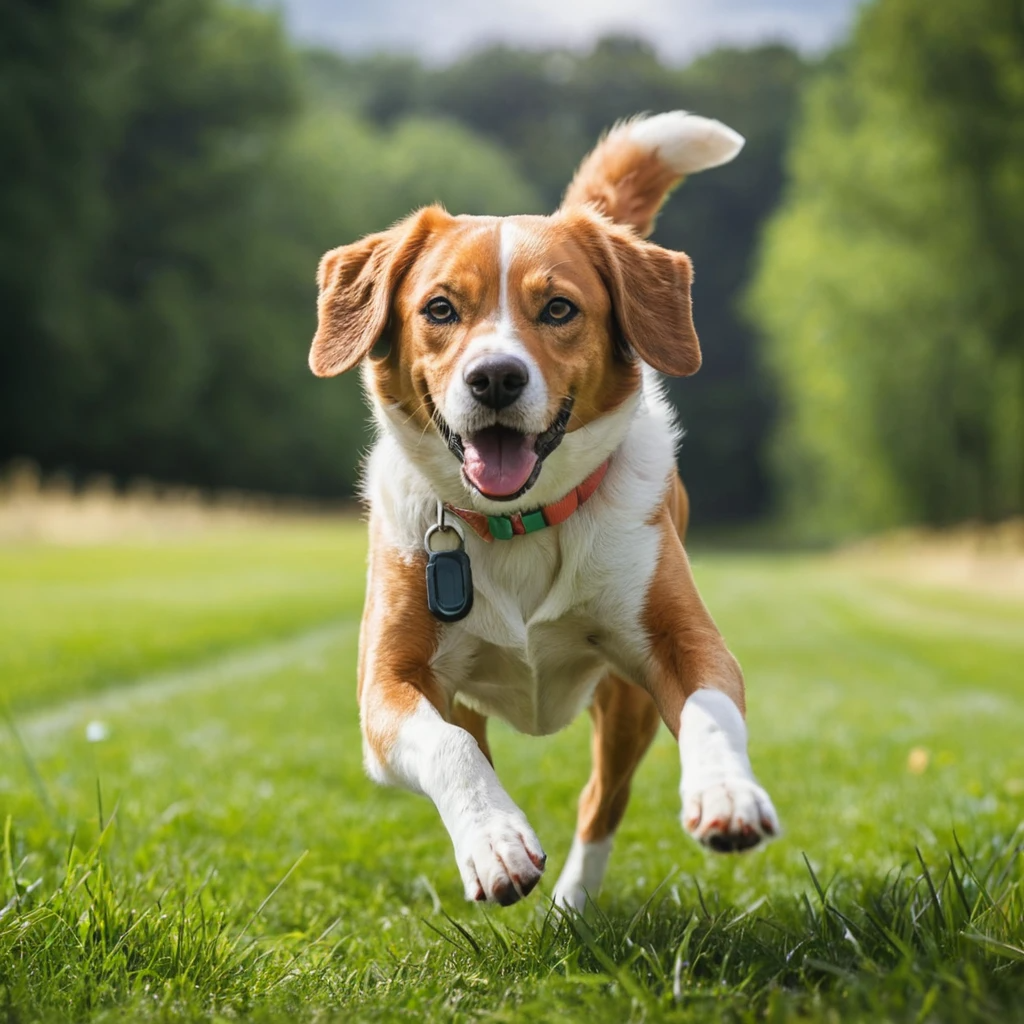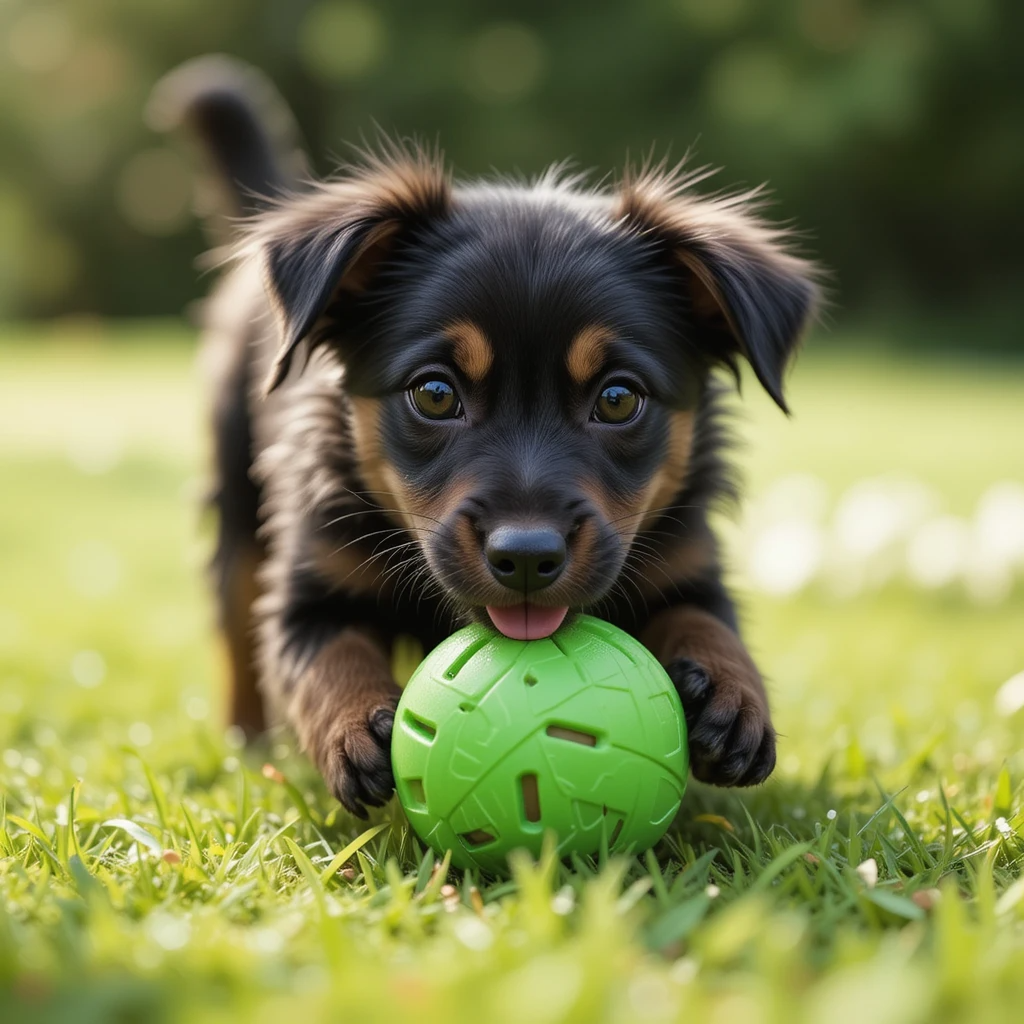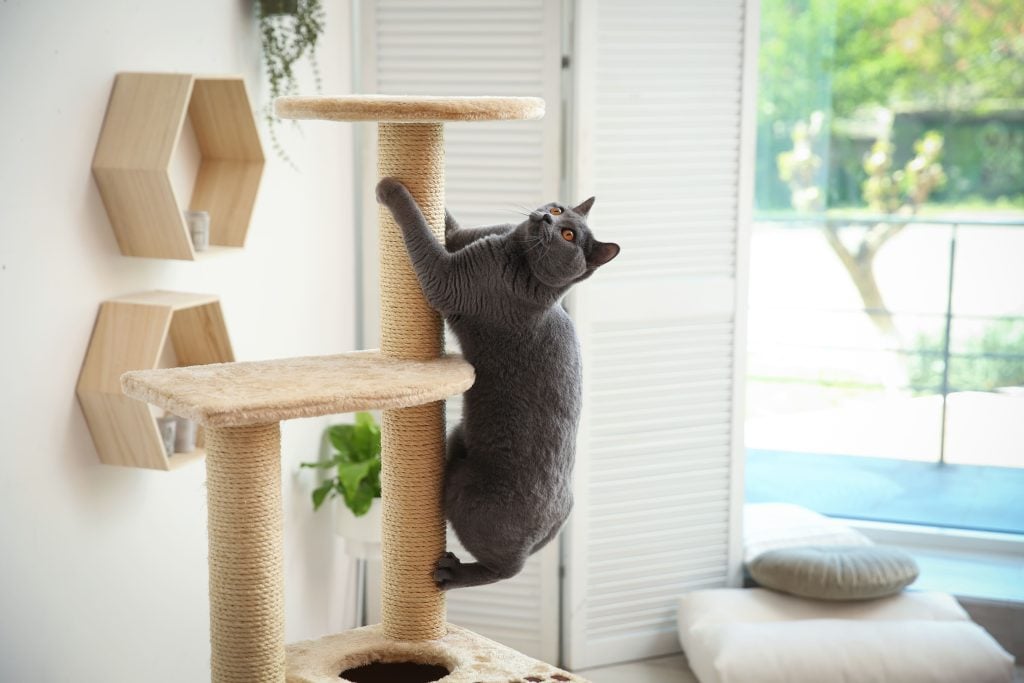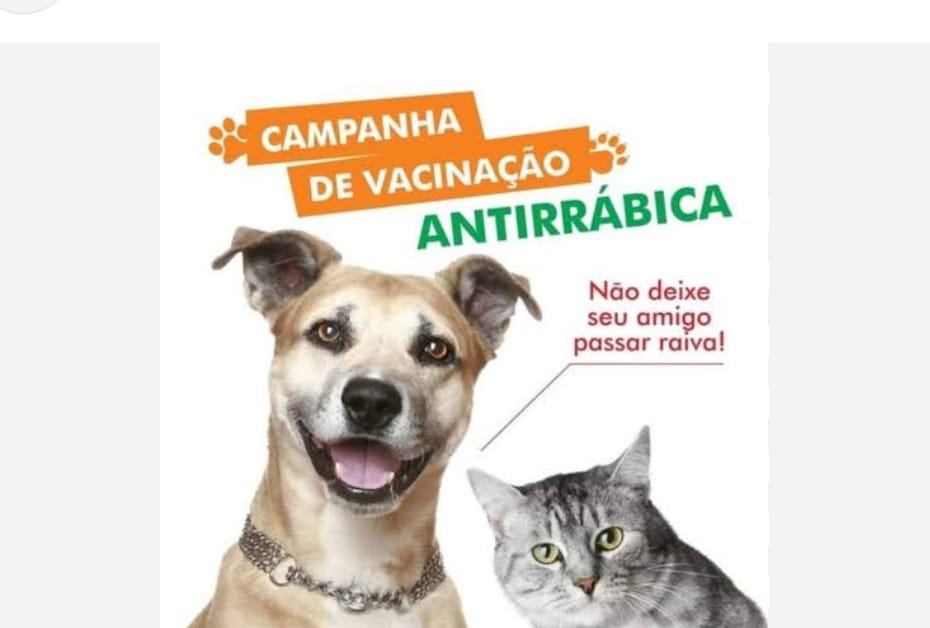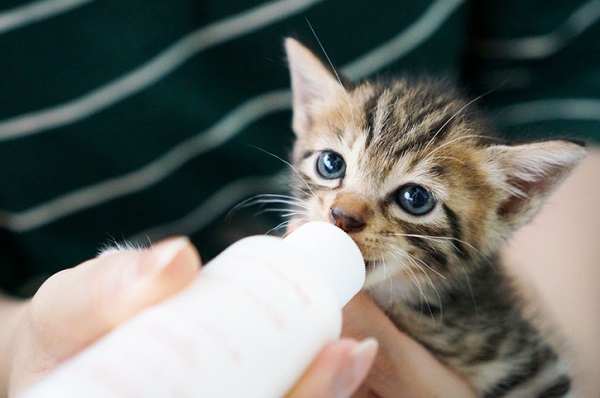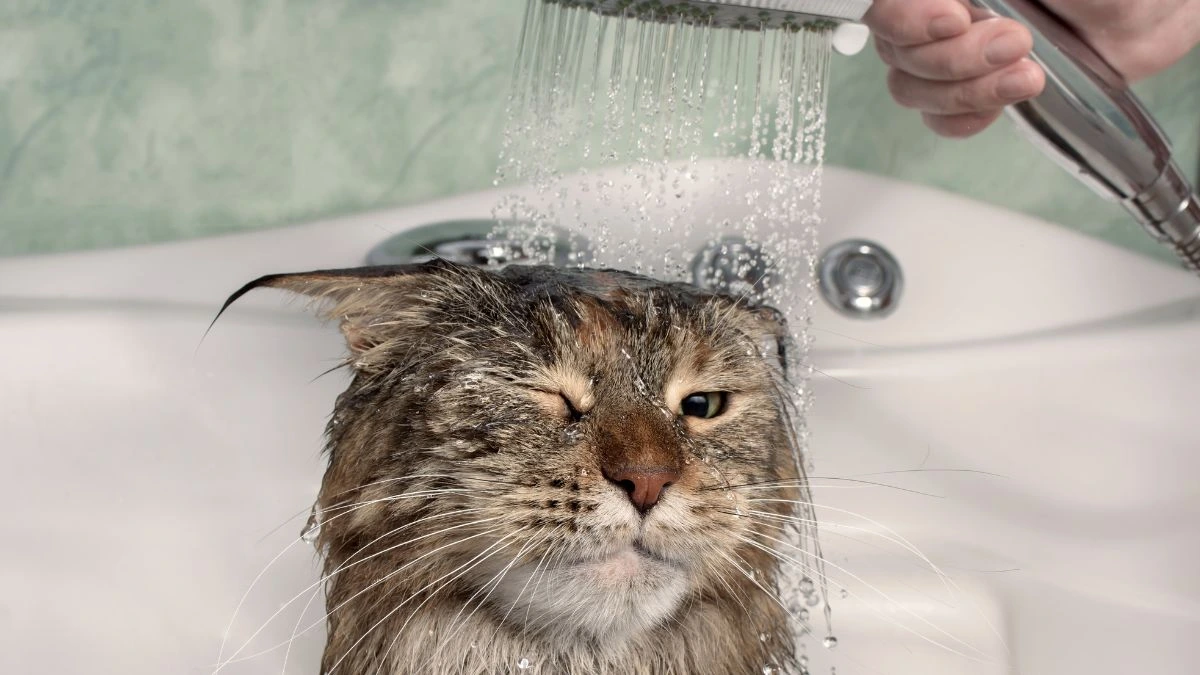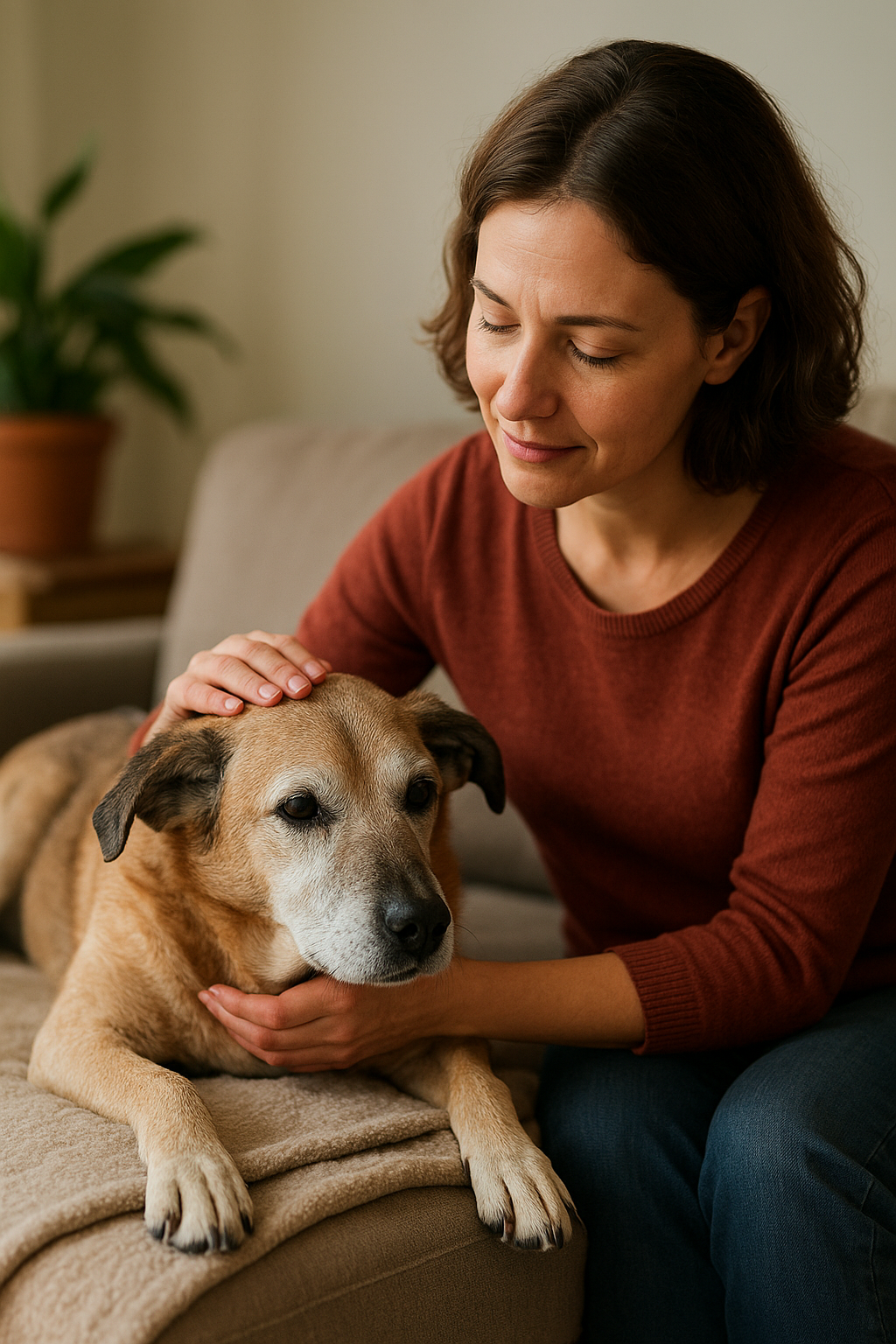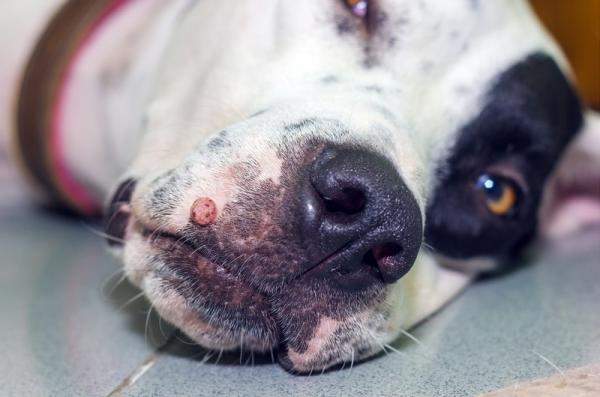As raças de cães miniatura são inegavelmente encantadoras. Com seu porte pequeno, personalidade marcante e natureza adorável, não é de se admirar que muitas pessoas estejam escolhendo esses pequenos companheiros. Mas cuidar de um cão miniatura envolve mais do que apenas carinhos e petiscos. Esses filhotes têm necessidades únicas que todo dono deve entender. Neste guia completo, você aprenderá tudo, desde alimentação a exercícios, cuidados pessoais e segurança.
Compreendendo as necessidades dos cães miniatura
Cães miniatura podem ser pequenos, mas exigem tanto cuidado — às vezes até mais — quanto raças maiores. Sua pequena estatura os torna mais delicados, portanto, a atenção aos detalhes é fundamental.
Por que o tamanho importa
Ossos menores significam que eles são mais propensos a lesões. Até mesmo uma queda curta ou uma brincadeira violenta podem causar ferimentos. Os donos precisam criar um ambiente doméstico que proteja seu pequeno animal de estimação de acidentes.
Sensibilidade à temperatura
Raças miniatura têm menos gordura corporal e são mais suscetíveis ao frio. Nos meses de inverno, podem precisar de suéteres ou jaquetas para caminhadas ao ar livre. Em dias quentes, certifique-se de que não fiquem expostos ao calor ou ao sol por muito tempo.
Alimentando um cão miniatura
Devido ao seu metabolismo rápido, os cães pequenos precisam de alimentos ricos em calorias e nutrientes em porções menores. No entanto, eles também são mais propensos à obesidade, portanto, o equilíbrio é crucial.
O que alimentar
- Escolha uma ração premium formulada especificamente para raças pequenas.
- Inclua proteínas magras, gorduras saudáveis e fibras.
- Evite dar restos de comida humana, especialmente qualquer coisa com açúcar ou sal.
Cronograma de alimentação
Geralmente é melhor alimentar cães de raça pequena com 2 a 3 refeições menores por dia em vez de uma refeição grande para manter os níveis de energia e prevenir a hipoglicemia.
Higiene e cuidados pessoais
Até mesmo cães miniatura de pelo curto precisam de cuidados. Para raças de pelo longo, como o Maltês ou o Shih Tzu, a escovação regular é essencial.
Dicas de cuidados pessoais
- Escovação: Pelo menos 2 a 3 vezes por semana, ou diariamente para raças de pelo longo.
- Banho: Uma vez a cada 3–4 semanas, a menos que o cão se suje.
- Corte de unhas: Mensalmente ou conforme necessário.
- Cuidados dentários: escovar os dentes diariamente é o ideal; use pasta de dente própria para cães.
Exercício e estimulação mental
Cães miniatura podem ter corpos pequenos, mas muitos deles têm muita energia e precisam de atividade física e estimulação mental.
Tipos de Exercício
- Caminhadas diárias curtas (15–30 minutos)
- Sessões de brincadeiras em ambientes fechados
- Brinquedos de quebra-cabeça para engajamento mental
Socialização
Comece a socializar cedo para evitar latidos excessivos ou ansiedade. Exponha-o a diferentes pessoas, outros animais de estimação e ambientes.
Considerações sobre a saúde
Devido ao seu tamanho, as raças miniatura são suscetíveis a problemas de saúde específicos:
Problemas comuns de saúde
- Hipoglicemia: especialmente em filhotes; os sinais incluem letargia, tremores e convulsões.
- Problemas dentários: bocas pequenas significam dentes apinhados. Limpezas veterinárias regulares são essenciais.
- Luxação da patela: um problema comum no joelho de cães pequenos.
- Traqueia colapsada: geralmente causada por puxões na guia — use um peitoral em vez de uma coleira.
Visitas veterinárias
Leve seu cão para exames pelo menos uma vez por ano e mantenha as vacinas, a prevenção de parasitas e os cuidados dentários em dia.
Criando um ambiente seguro
Cães miniatura podem entrar em espaços apertados, pular de superfícies altas ou mastigar objetos perigosos.
Dicas de segurança em casa
- Use portões para bebês para bloquear escadas.
- Mantenha pequenos objetos e fios fora do alcance.
- Forneça uma cama aconchegante e baixa para o cachorro.
- Ensine seu cão a não pular dos móveis.
Construindo um Vínculo Forte
Seu relacionamento com seu cão miniatura deve ser construído com base na confiança, consistência e afeto.
Dicas para fortalecer seu vínculo
- Use reforço positivo ao treinar
- Reserve um tempo diário para brincadeiras e carinhos
- Aprenda a linguagem corporal do seu cão para entender suas necessidades
Conclusão: Cachorro pequeno, grande responsabilidade
Cães miniatura trazem alegria infinita às nossas vidas, mas dependem de nós para mantê-los seguros, saudáveis e felizes. Ao entender suas necessidades específicas e personalizar sua rotina de cuidados, você criará a melhor vida possível para seu pequeno amigo.
Seja você um pai de animal de estimação pela primeira vez ou esteja adicionando um cãozinho de estimação a uma casa cheia de animais de estimação, este guia é sua base para um cuidado responsável e amoroso.


